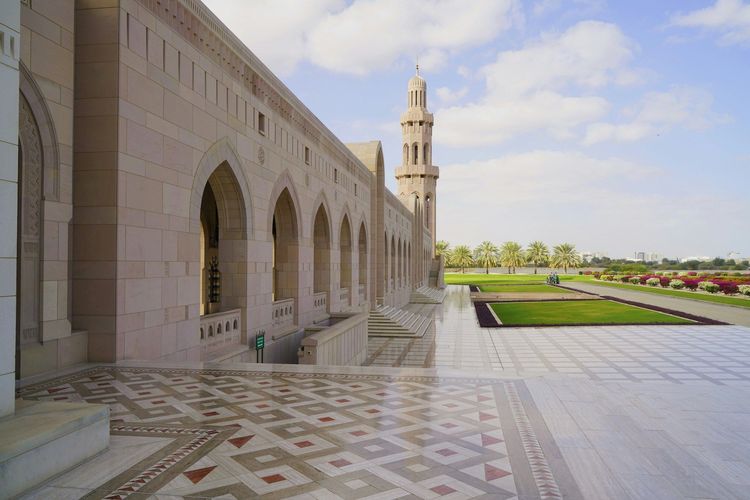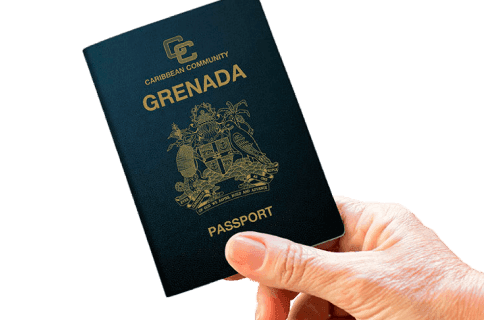Sun, sand and economic stability: the United Arab Emirates has long been a magnet for foreign investors, entrepreneurs and those seeking new opportunities to live and work. Residency in the UAE not only opens the door to an exciting cross-cultural life, but also offers many economic advantages. In this article, we will explain how you can become a resident of this unique country and what opportunities this status offers you.
What is a resident visa
A UAE resident visa is a document that allows foreigners to legally reside in the country for a long period of time. It can be a visa for investors, entrepreneurs, highly skilled professionals or family members of those who already have residency. A resident visa is usually issued for 2-3 years with the possibility of renewal, and is the first step to becoming a permanent resident or citizen.
Benefits of obtaining
Obtaining a UAE resident visa opens up a number of significant benefits:
- Tax benefits: the UAE is known for its zero personal income tax rate, making it an attractive destination for international business.
- Security and high standard of living: The UAE offers a high level of security, advanced infrastructure and a quality of life that is hard to compare with other countries.
- Business Opportunities: The country offers ample opportunities to develop your own business due to its strategic location and strong economy.
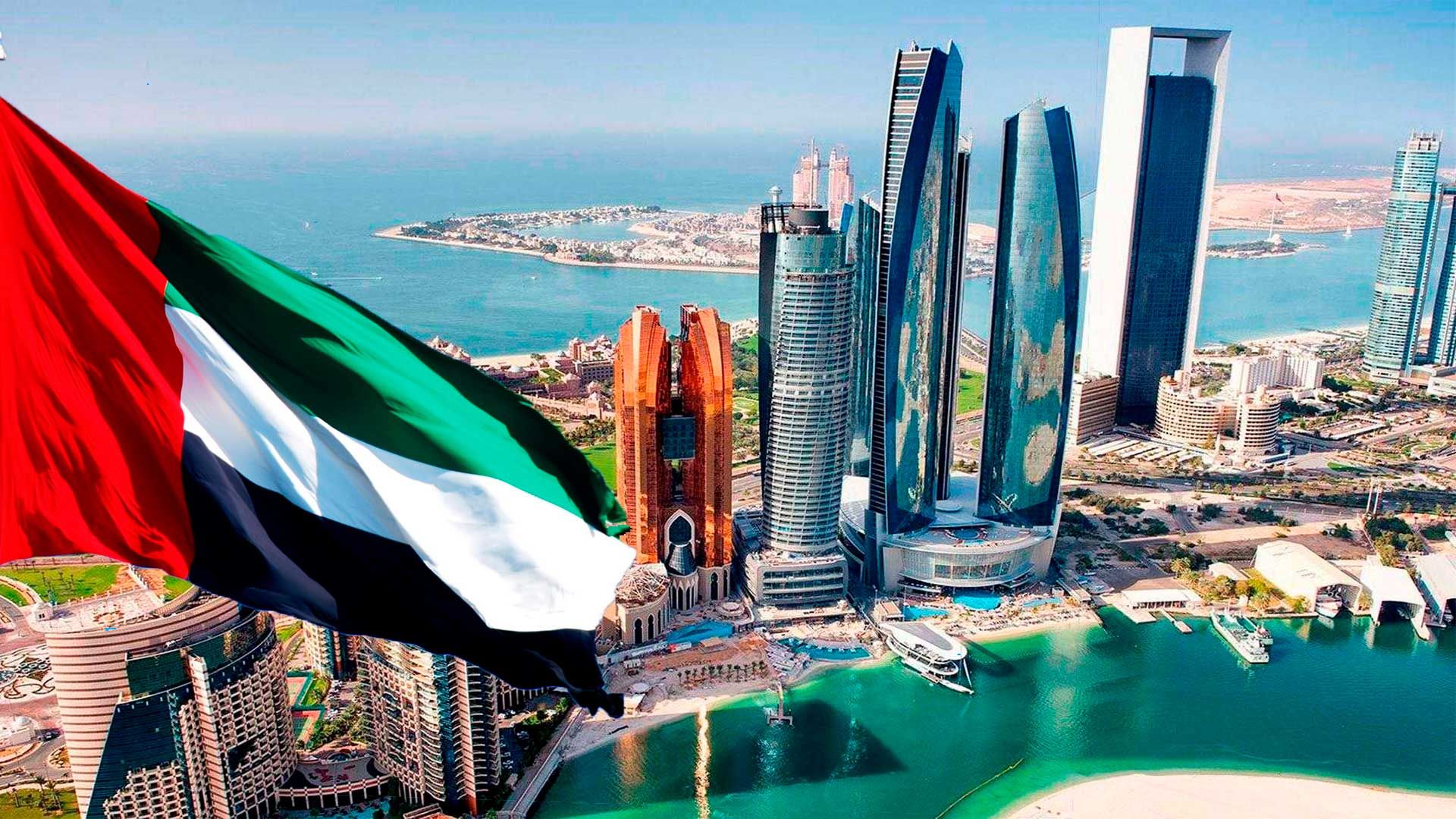
How to get
The process of obtaining a UAE resident visa involves several steps:
- Determining the appropriate visa category: you need to choose which type of visa best suits your status - investor, entrepreneur or professional.
- Collecting documents: Depends on the category you choose, but includes your passport, proof of financial stability, business plans and other evidence of your qualifications.
- Application and Medical Examination: The application is submitted through the official UAE government portal or through an accredited agent, followed by a medical examination and fingerprinting.
Types of UAE Long Term Resident Visas
The UAE offers several types of long-term resident visas, which differ in duration and are designed for different categories of foreigners. Here are the main options:
For 1 or 2 years
These visas are most often issued to workers who move to the UAE on contract, as well as students and journalists. The duration of the visa usually depends on the length of the contract or training program. Short term visas require regular renewals.
For 2 years
A 2-year visa is often issued to self-employed individuals and investors who own real estate in the UAE. Proof of continued business or real estate ownership is required to renew this visa.
For 5 years
This visa category is intended for large investors who invest significant sums in the country's economy, as well as for outstanding scientists, talented professionals in various fields, and exceptional students. A 5-year visa offers more stability and less worry about frequent renewals. In addition, a 5-year visa is also granted for the purchase of real estate specifically in Dubai for an amount of at least 750,000 AED. This program is not available in other emirates.
For 10 years.
The longest type of visa is available for highly skilled professionals, influential scholars, and successful businessmen. The 10-year visa is also offered to those who have made significant contributions to the cultural development or economic progress of the UAE. It provides maximum opportunity for long-term planning and career development in the country. Additionally, a 10-year visa is granted for real estate investments of at least 2 million AED and for a fixed-term deposit in a bank for 2 years with an amount of 2 million AED.
List of documents
Obtaining a UAE resident visa requires preparation and submission of a certain package of documents, which may vary slightly depending on the visa category, but the basic requirements usually include:
- Completed application form: Available on the official UAE immigration portal.
- Original and copy of passport: The passport must be valid for at least 6 months from the intended date of entry.
- Passport format photos: Usually several photos that meet the standards for visa photos are required.
- Proof of financial stability: May include bank statements or income statements.
- Documents proving purpose of stay: For investors, this may include documentation of real estate ownership, business plans or contracts.
- Medical examination and immunization certificate: Required to confirm the absence of prohibited diseases.
- Criminal record certificate: Required to confirm that the applicant is law-abiding.
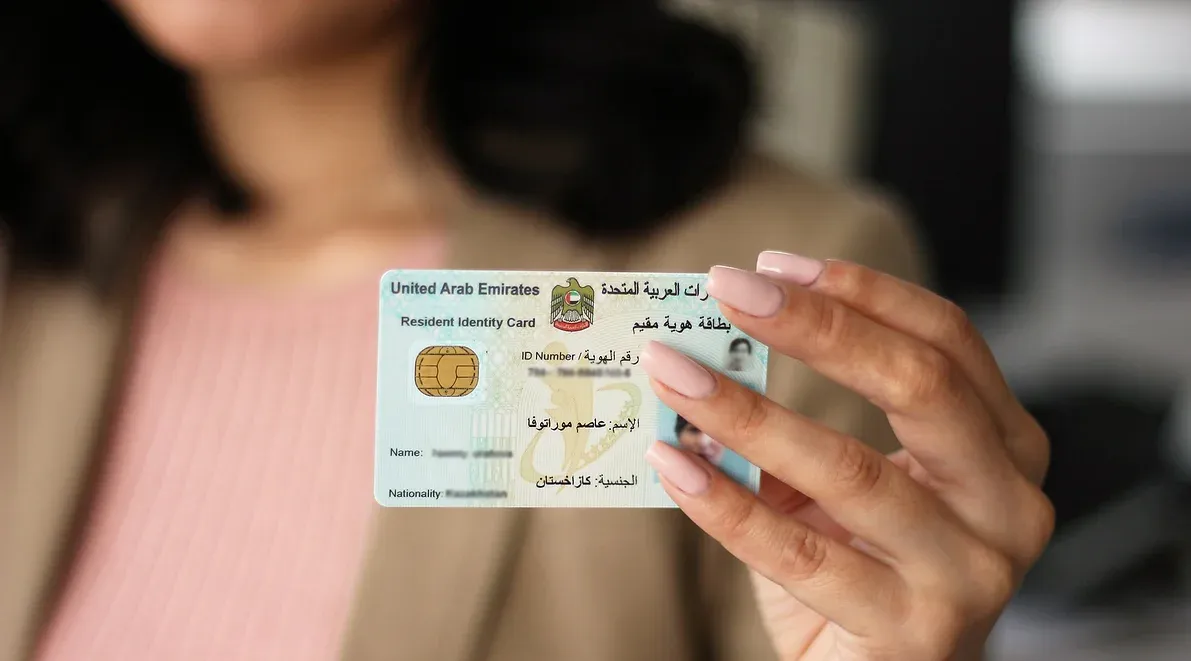 This list of documents is indicative and you will need to check with the latest UAE immigration requirements or a consultant for clarification.
This list of documents is indicative and you will need to check with the latest UAE immigration requirements or a consultant for clarification.
Obtaining a resident visa for investment
UAE Resident Investment Visa is granted to foreigners who are willing to invest in the UAE economy. The process of obtaining such a visa includes the following steps:
- Selecting an investment target: Real estate, business or government bonds are typical investment targets.
- Investment of funds: The amount invested must meet the minimum thresholds set by the government, which may vary depending on the type of investment.
- Proof of ownership documents or investment agreements: Proof of ownership or interest in the business must be provided.
- Visa Application: Includes submission of all required documents and forms to the relevant services.
- Waiting for approval: After verification of documents and compliance with all requirements, the resident visa is issued for a period of 5 to 10 years, depending on the amount of investment.
Obtaining a visa for investment is a great way to ensure that you and your family can stay in the UAE for the long term, enjoying all the benefits that this status offers.
When a visa may be rejected
Obtaining a UAE resident visa can be challenging in a number of ways, and there are several reasons why an application may be rejected. Let's take a look at the main reasons for rejection for different visa terms.
For 1 or 2 years
- Incomplete documentation: Lack of any required documents or insufficient information may lead to rejection.
- Non-compliance with the terms of the contract: For work visas, the conditions of the proposed work do not match the conditions described in the visa application.
- Medical Examination Problems: Detection of illnesses that the authorities believe may pose a threat to public health.
For 2 years.
- Financial Instability: For investors and entrepreneurs, failure to prove financial stability may result in denial.
- Document Errors: Errors or falsification in any legal documents, including proof of real estate ownership.
- Violations of the law: Past convictions or violations of immigration laws.
For 5 years
- Unsatisfactory Investment Portfolios: Insufficient investment or investment projects that do not meet the requirements.
- Lack of outstanding achievements: For categories of scientists and professionals, lack of recognition in the professional field or academia.
For 10 years.
- Low contribution to the economy or culture: Lack of significant contribution to the economic or cultural development of the UAE, which is required for this visa category.
- Serious legal problems: Including allegations of serious crimes or the existence of ongoing legal proceedings.
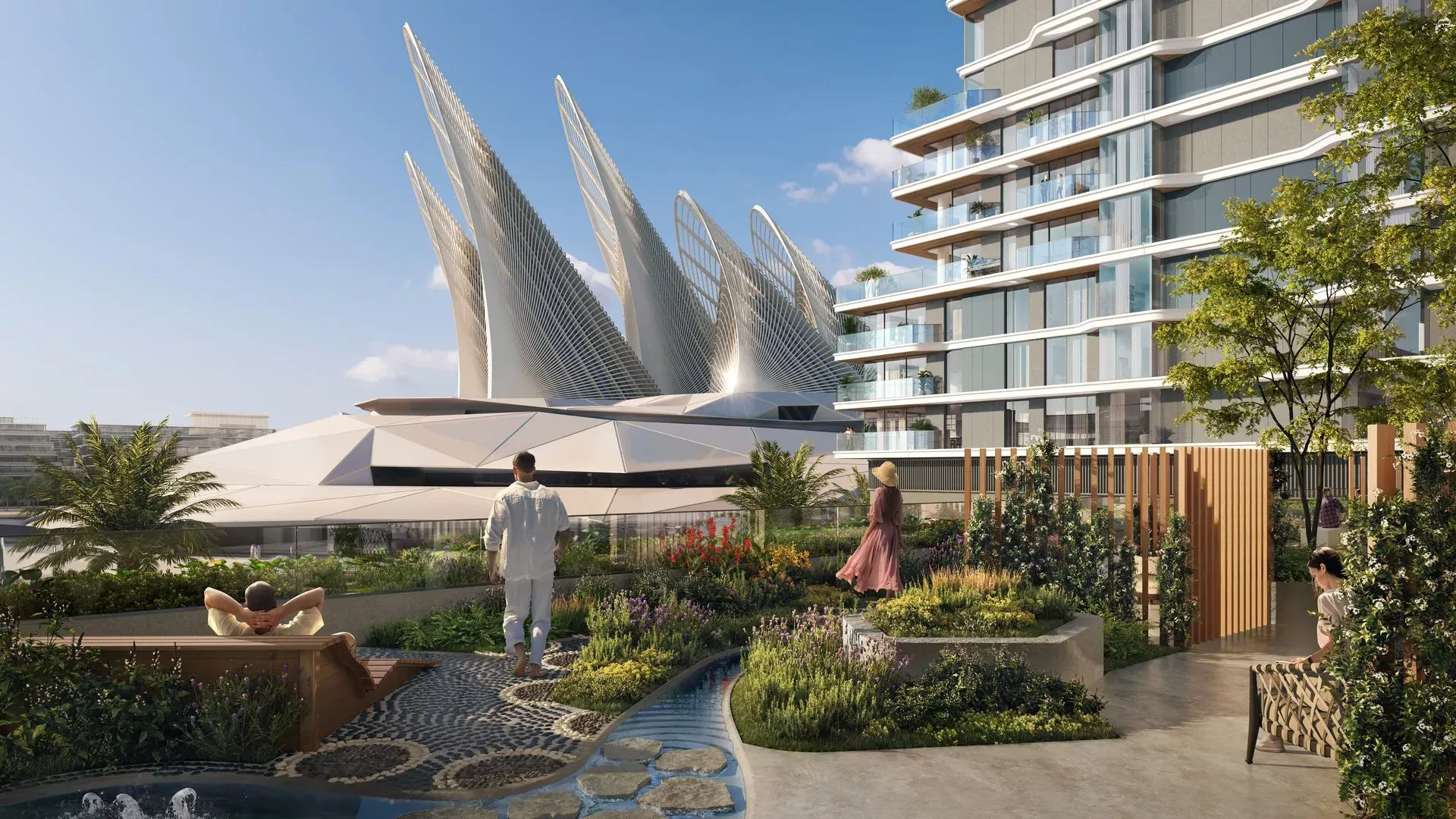 Each of these cases emphasizes the importance of thorough preparation and meeting all requirements accurately when applying for a UAE resident visa.
Each of these cases emphasizes the importance of thorough preparation and meeting all requirements accurately when applying for a UAE resident visa.
OneWorld offers many other programs that you can take advantage of. A list of programs is here.

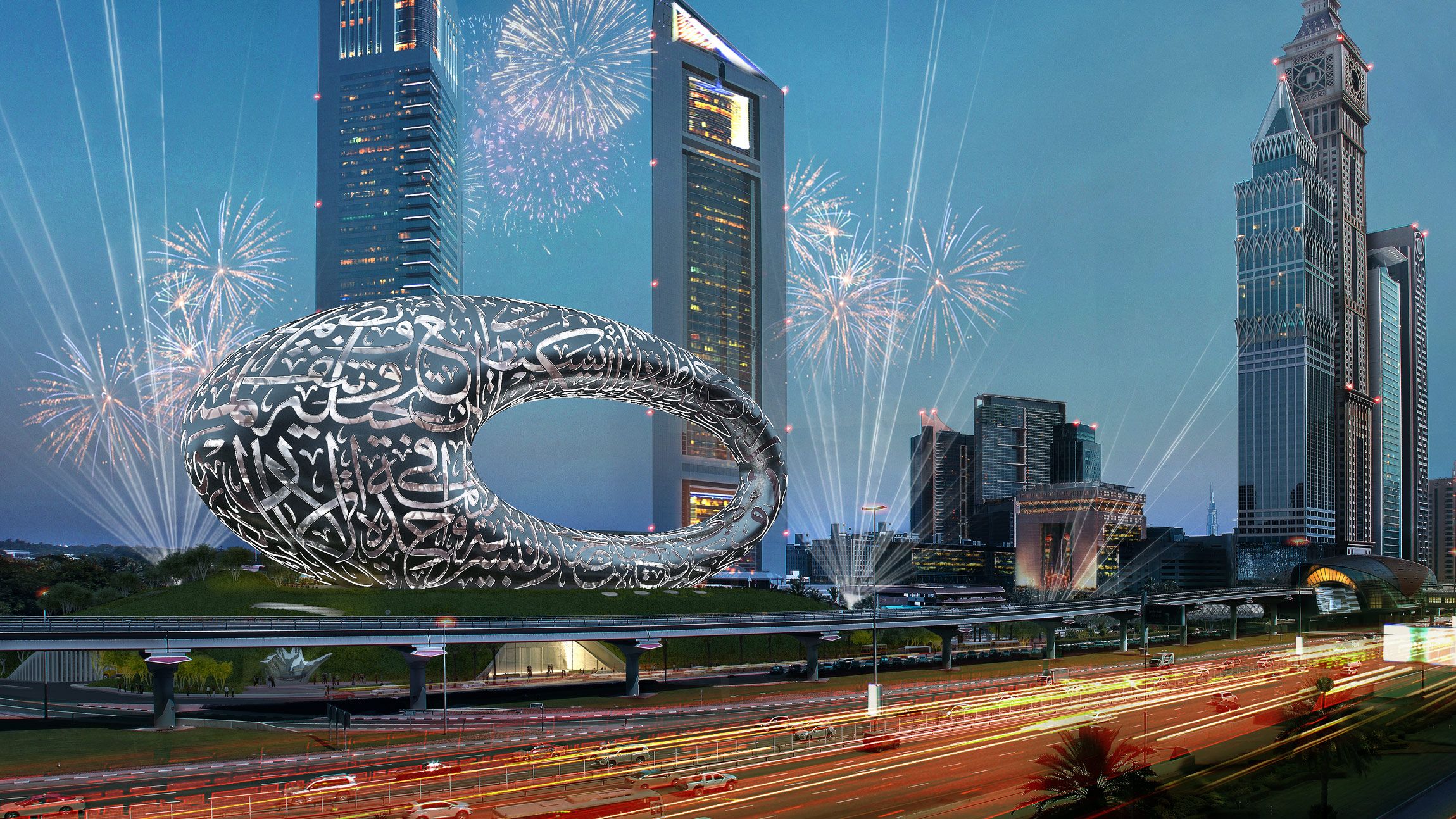

 This list of documents is indicative and you will need to check with the latest UAE immigration requirements or a consultant for clarification.
This list of documents is indicative and you will need to check with the latest UAE immigration requirements or a consultant for clarification. Each of these cases emphasizes the importance of thorough preparation and meeting all requirements accurately when applying for a UAE resident visa.
Each of these cases emphasizes the importance of thorough preparation and meeting all requirements accurately when applying for a UAE resident visa.